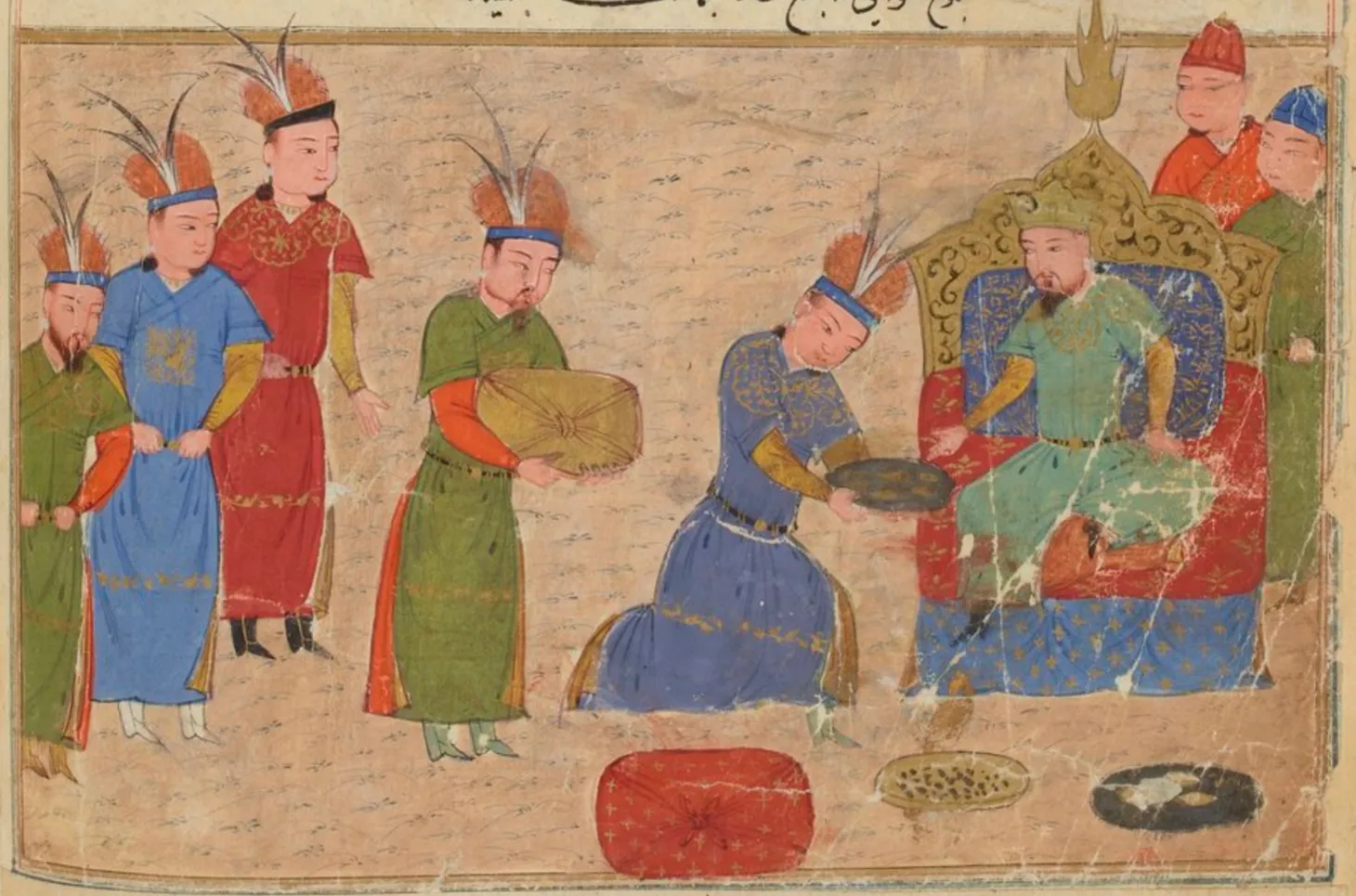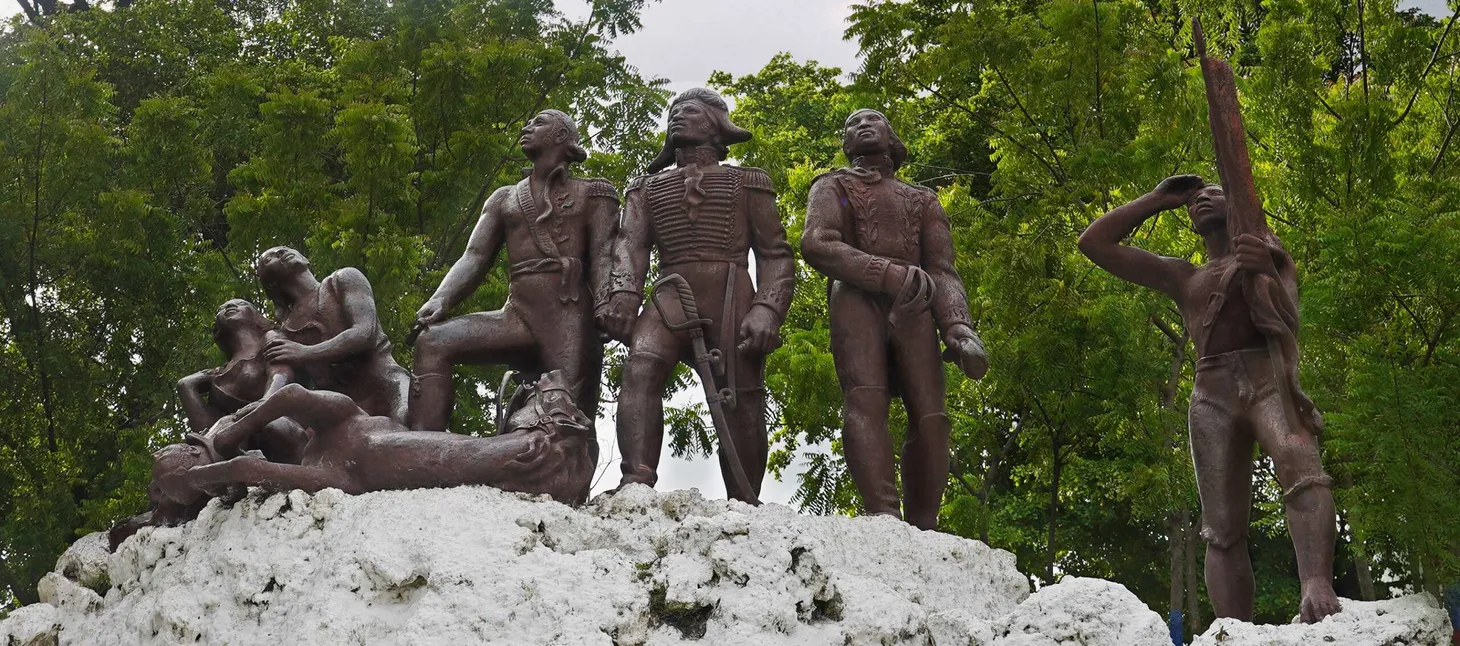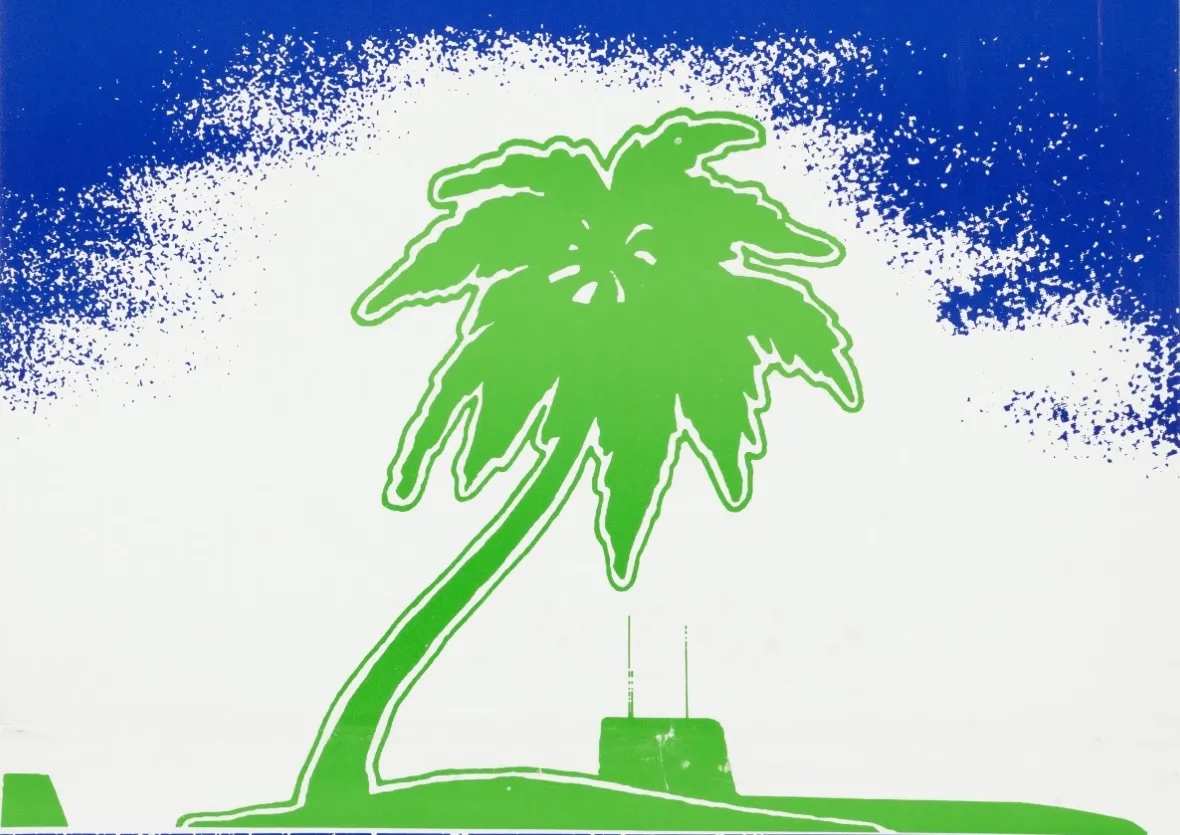“Revenge Our Wrongs”: Saint-Domingue Before the Haitian Revolution
A discussion of how to teach Saint-Domingue on the eve of the Haitian Revolution.
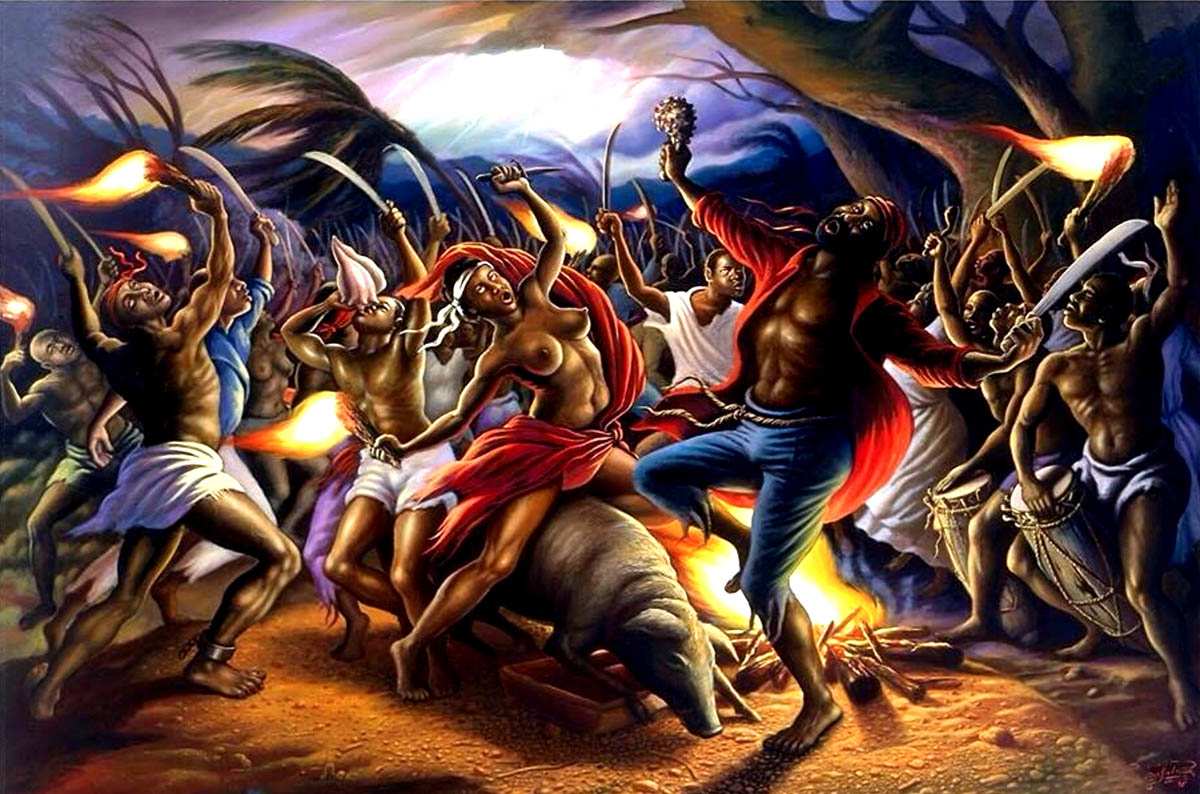
In most world history courses, students compare the Haitian Revolution to the other Atlantic Revolutions: the North American, the French, and the Latin American revolutions. Compared to the causes of the previous North American and French revolutions, the causes of the Haitian Revolution are surprisingly easy for students to understand. Enslaved Haitians revolted because of the brutality of slavery in Saint-Domingue.
What can be more challenging for students is understanding how the pre-revolutionary social context of Saint-Domingue contributed to the revolution. The sizable and influential community of free “people of color” (gens de couleur) set Saint-Domingue apart from other Caribbean and American colonies. Saint-Domingue was also similar to other American colonies in that enslaved Haitians had developed a culture of resistance before the outbreak of the Revolution. Both free people of color and enslaved Africans challenged the racist colonial structures and contributed to the Haitian Revolution.
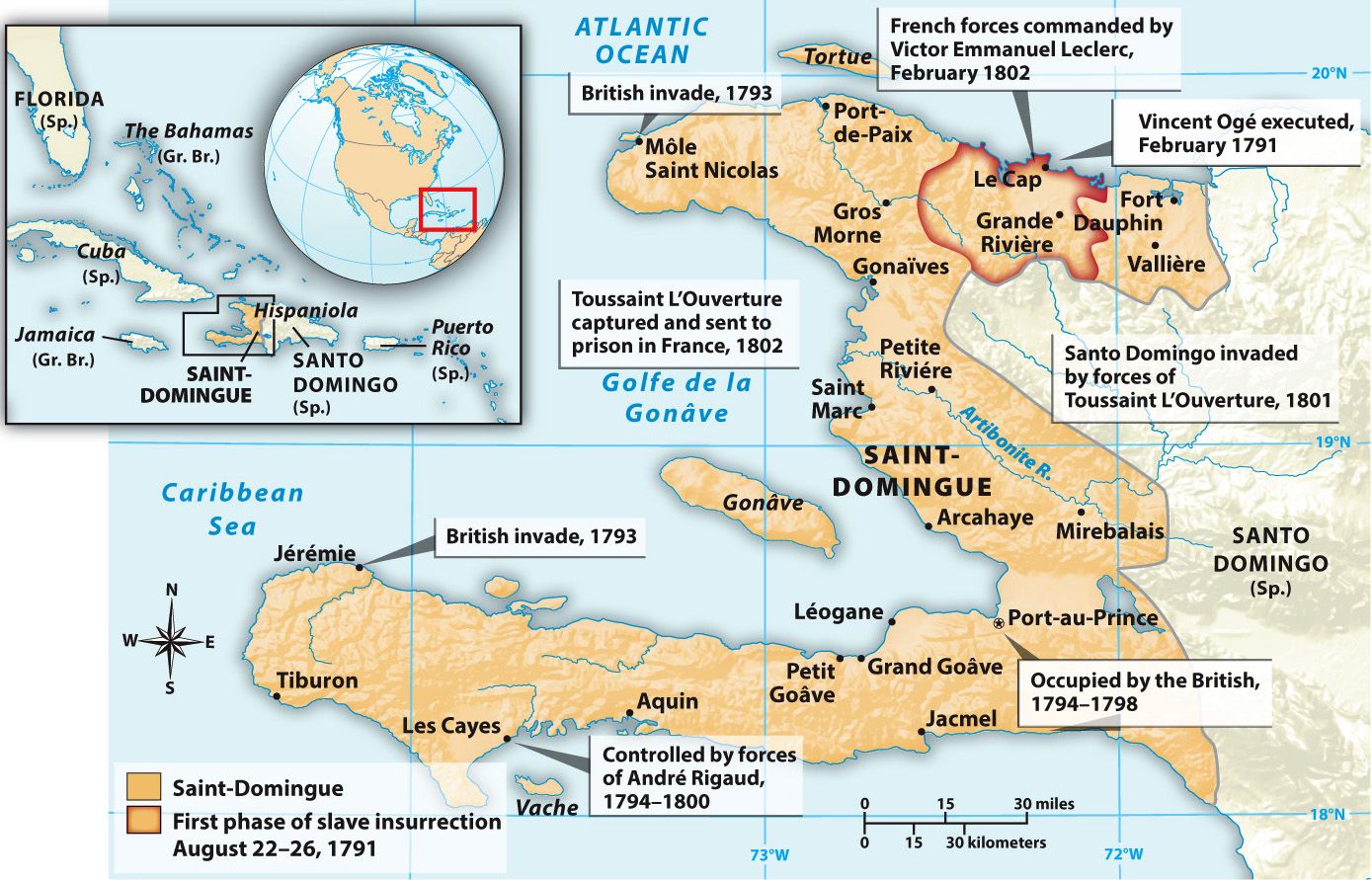
Saint-Domingue’s Free “People of Color” Community
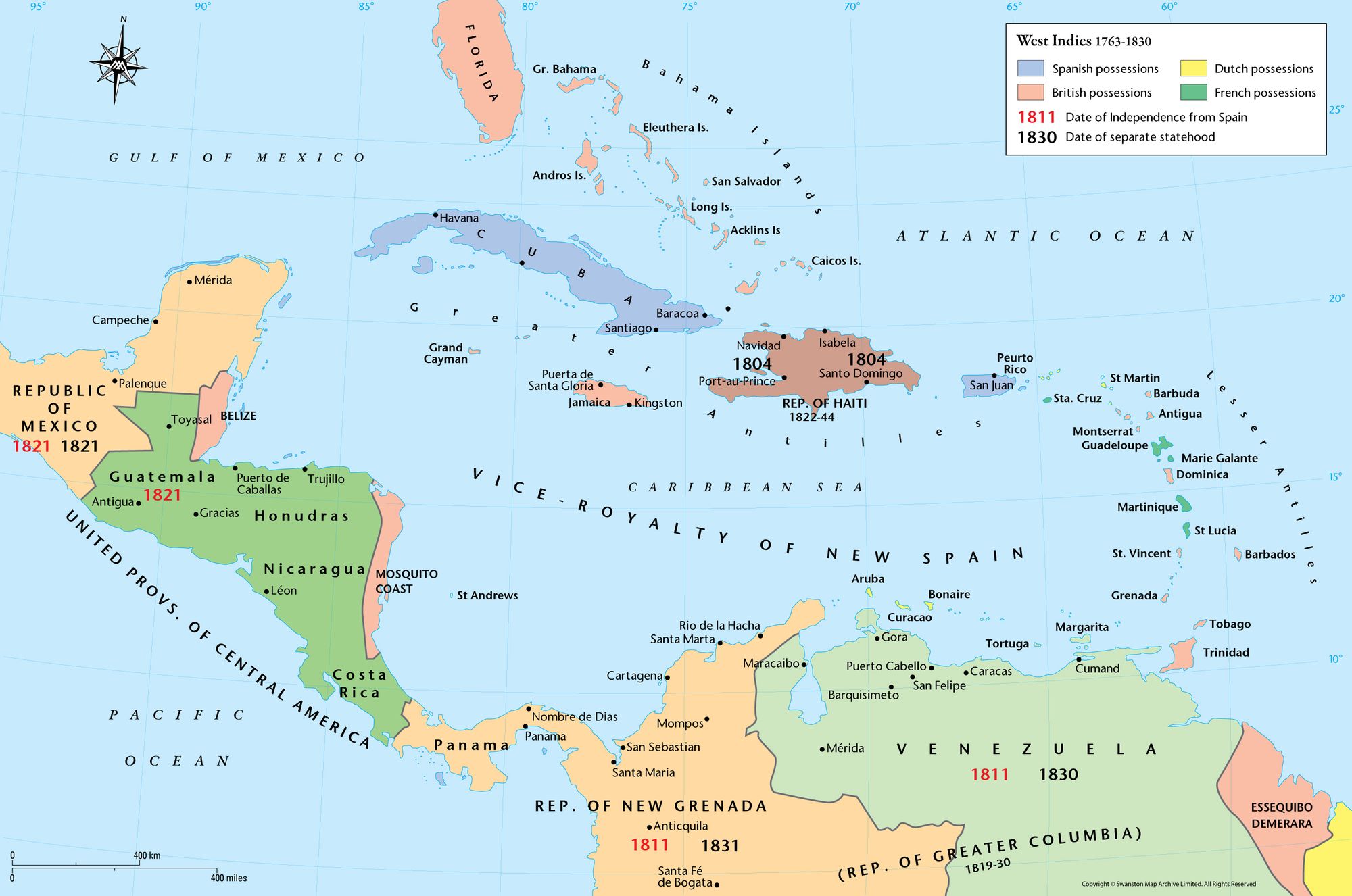
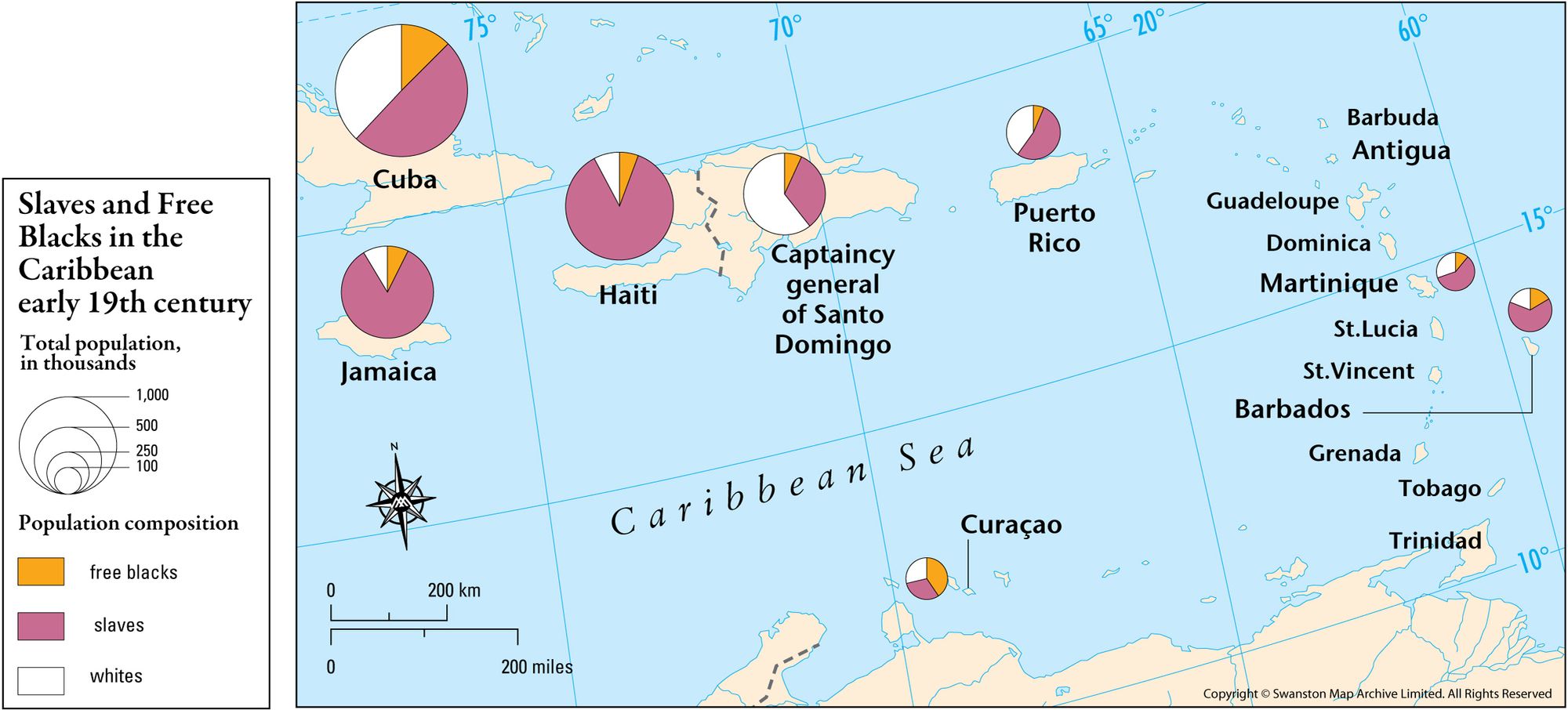
This content is for Paid Members
Unlock full access to Liberating Narratives and see the entire library of members-only content.
SubscribeAlready have an account? Log in

